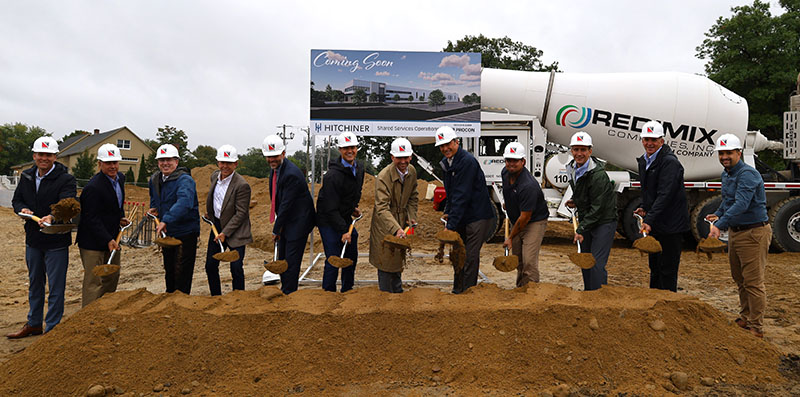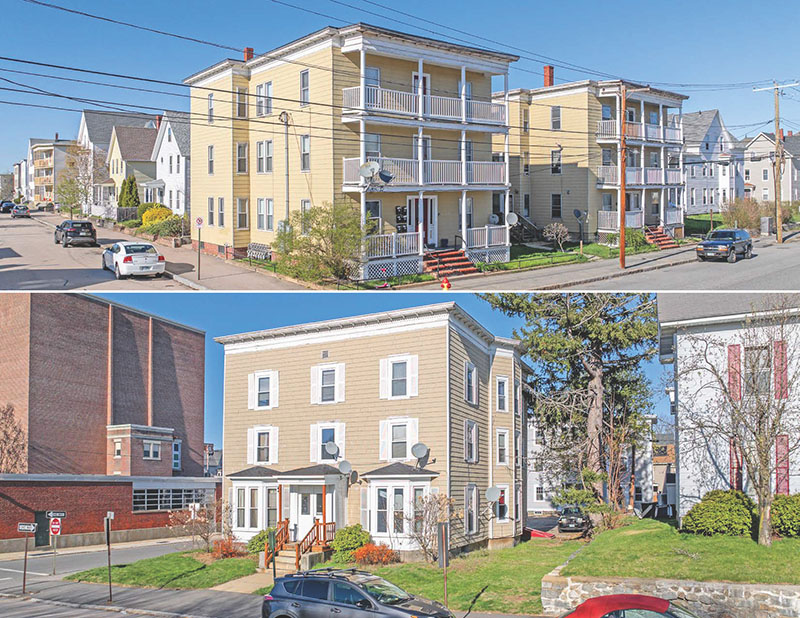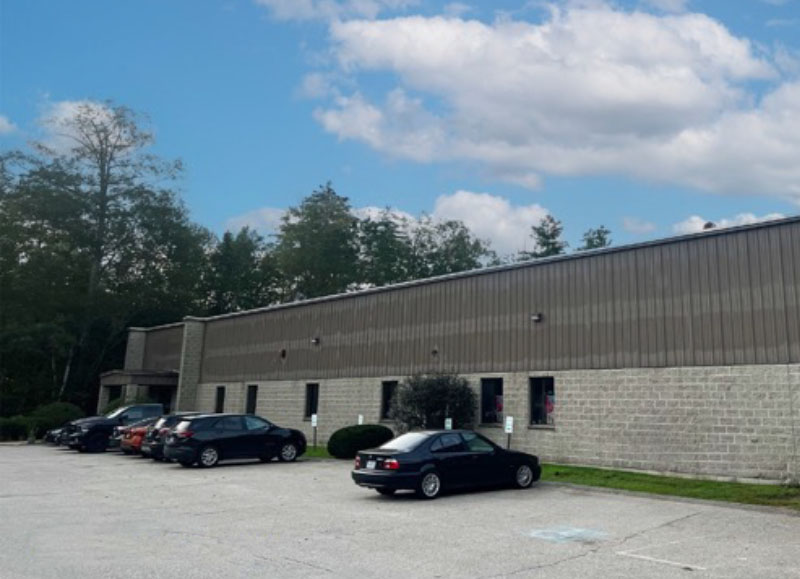News: Northern New England
Posted: January 6, 2011
Doing your due diligence as the prospective homeowner
In the last installment of "Buyers Beware," (Nov. 5-11, 2010, http://nerej.com/43759) we focused on the diligence that a developer should undertake prior to purchasing distressed, failed or bankrupt condominium or subdivision projects. The other potential victim of such a development is the prospective purchaser, who should also beware of the problems that could arise in buying a lot or unit in a distress sale. While the selling price might look like a steal, the buyer might end up feeling like he was robbed.
First, buyers should make sure the developer has all necessary permits. This includes a building permit and certificate of occupancy. Keep in mind that some municipalities will withhold occupancy permits until streets and other off-site improvements have been completed. Another critical permit in some states is a registration certificate from the Attorney General's office. To protect consumers from unfair or deceptive business practices, registration must happen before a developer sells any units or lots, and the developer must also provide informational materials containing specific facts about the property to potential buyers. Always ask to see the certificate and make sure you get a current public offering statement.
For condominium projects, be sure that the developer has properly recorded or filed the declaration, bylaws and plans. Carefully read the documents for information such as what your percentage interest in the common area includes (e.g., decks, storage sheds, open space), the amount of monthly or annual dues, what type of maintenance the dues covers, what covenants and restrictions have been imposed on the property (e.g., can the unit or home be rented out) and so on.
Another area to focus on is the current and future financial condition of the development project. Developers who continue to be in control of the homeowners association should allocate a certain amount of money to a capital reserve fund to ensure that common elements are adequately maintained and repaired and to avoid significant special assessments being levied against owners down the line. In a condominium building, for example, the life of the roof, common area carpets, elevators and other such items can be predicted, and an appropriate budget should be set to account for when those will need to be replaced or fixed.
Along those lines, it is imperative that an inspection be conducted in advance of buying property in a distressed project. The livability and the resale value of a home greatly depend on the physical condition of the property. A very low purchase price might not reflect a good investment if buildings were hastily constructed and are in poor shape. Additionally, research of the developer and contractors could reveal a history of unsuccessful projects and dissatisfied customers.
Lastly, failed development projects are likely strapped with legal problems. It is especially important under those circumstances to retain legal counsel to assist you in evaluating the future success of the development and the probability that your investment will be a good one.
Philip Hastings and Elizabeth McCormack are attorneys with Cleveland, Waters and Bass, P.A., Concord, N.H.
Tags:
Northern New England
MORE FROM Northern New England
PROCON and Hitchiner break ground on 57,000 s/f shared services operations facility
Milford, NH Hitchiner, in partnership with PROCON’s integrated design and construction team, has officially broken ground on a new 57,000 s/f shared services operations facility at its Elm St. campus. This building will house value-added services used across Hitchiner’s various business units,








.png)